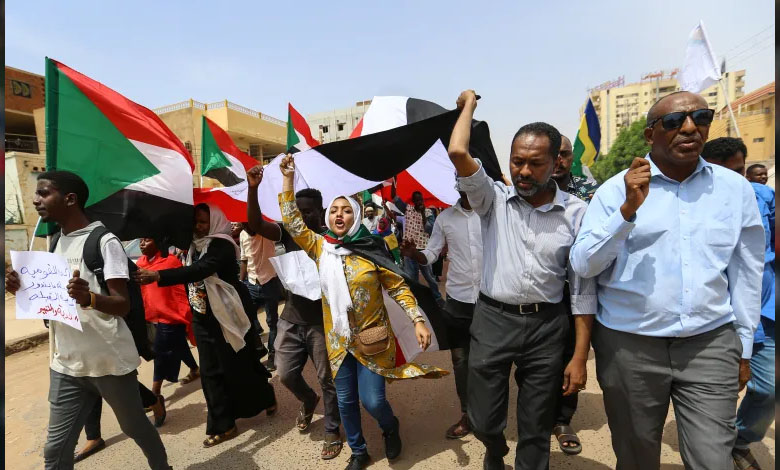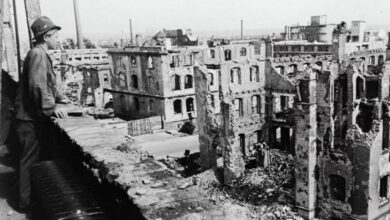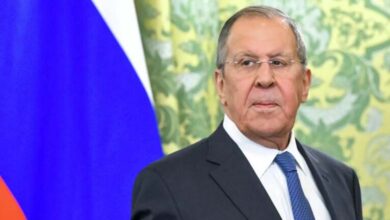Political analyst: Fears of terrorist organizations infiltrating Sudan, taking advantage of the conflicts

Clashes continued between the army and the rapid support forces in Khartoum and other Sudanese regions for the fifth day in a row. The fifth morning of clashes witnessed the sound of an explosion in the vicinity of Khartoum airport, while battles broke out near the headquarters of the general command of the armed forces in Khartoum.
The conflict continues
A report by Roaya network revealed that the scenarios close to the current conflict in Sudan are still quite hazy between the army and the rapid support forces, against the backdrop of a growing political and security crisis for years, but estimates are pointing to the possibility of regional and international powers influencing the truce in the coming hours. If these efforts do not succeed, the most dangerous scenario is the continuation of the fighting for a longer period until the battle is settled for one of the parties, which means more casualties, and threatens serious repercussions, the most prominent of which is power-sharing and the division of the state.
Sudanese Crisis
Sudanese political analyst, Al Muthanna Al Fahl believes that there is no way to solve the Sudanese crisis now through political understanding, but in fact the slide of the conflict into armed fighting ended all efforts exerted over the past years for the establishment of a political truce in the country.
“In the capital Khartoum, whoever can control the country can impose emergency laws, whether from the army or the Rapid Support Forces.”
We fear that some armed groups and terrorist organizations will infiltrate the scene again and that they will be able to make gains on the ground depending on the current situation, which is expected, especially since the conflict between the army and the rapid support is a political struggle for power, so whoever settles the conflict will rule the state,” the Sudanese analyst added.
What is emerging so far is the conflict between the army and the Rapid Support Forces, he said, but there are dozens of armed groups that are taking part in this conflict and will rapidly become active in light of current developments, including the Islamic Movement and Popular Defense militias.
The Price of Conflict
He explained that civilians are always paying the price of this type of conflict, which exacerbates their economic and social crises, strains the country’s forces, and drains its resources, adding that up to the moment, dozens of victims have been killed and injured as a result of the continuous fighting that started on Saturday morning, and the number is expected to increase dramatically in light of the continuing crisis.
A study published Sunday by the Trend Research and Consulting Center dealt with four scenarios for the current crisis; “The first is pacification and integration into the armed forces, which is the most optimistic and desirable scenario, and could be achieved if international and regional mediation efforts between the two parties succeed, stop the military conflict between the two sides, and sit down together to put in place arrangements to ensure that the parties do not slide into civil war.”












